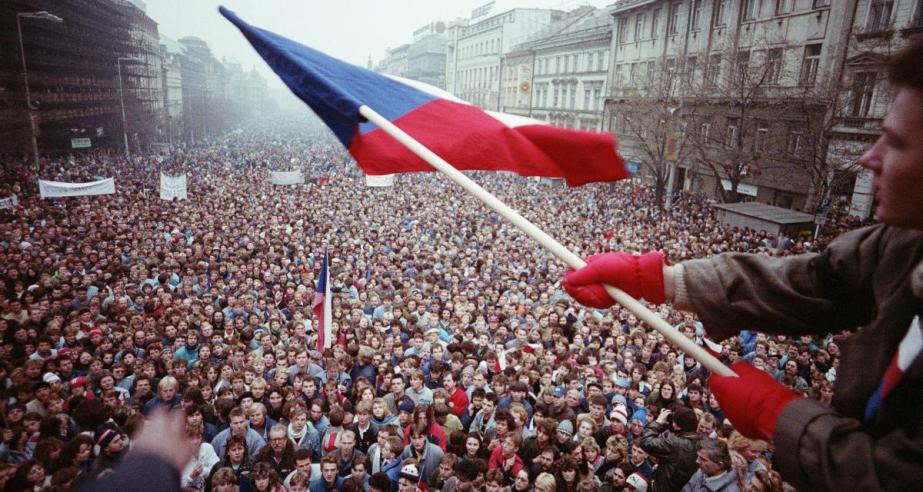30 years after the Velvet Revolution: Central European perspectives and challenges
After the fall of Berlin wall, in November 1989, Central Europe went through dramatic changes. The Velvet revolution led to the collapse of the communist regime in the former Czechoslovakia returning the country to its historical democratic path, initiated more than 100 years before. The newly independent Slovak and Czech republics have gone through profound transformations from authoritarian to pluralistic systems. Seeking to return to the family of the most developed countries in the world, Slovakia acceded to the EU and NATO 15 years ago. It is a member of Schengen and 10 years ago it became part of the Eurozone. What path have Central European countries taken since then? What is the role of the Visegrad group in the EU? Pavol Demeš, an internationally known civil society expert and former Slovak minister of international relations, will provide a first-hand impartial assessment of where the region stands today and what the future may hold in store for tomorrow.



